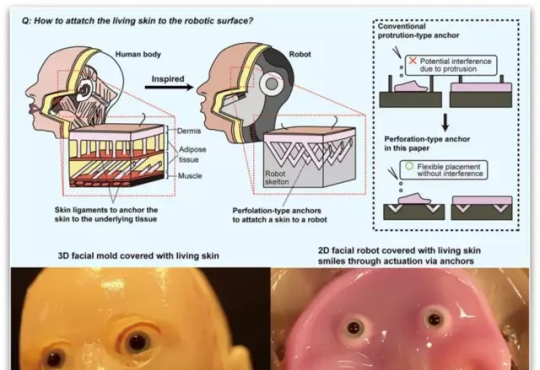Artificial intelligence can spot parasites in stool samples and help diagnose infections

Artificial intelligence detects the eggs of parasitic worms in stool samples with high precision, helping to diagnose infections around the world in a cost-effective way, but experts also warn of ethical problems in implementing this technology.
Artificial intelligence shows promise in identifying parasitic worm eggs in human stool samples, potentially improving diagnosis and treatment worldwide.
Nearly 1.5 billion people worldwide have parasitic worms that cause a variety of health problems, but access to diagnosis and treatment remains limited due to a lack of qualified professionals.
Johan Lundin from Sweden’s Karolinska Institute and his team explored the potential of artificial intelligence in this regard.
The method is primarily about enabling a broader approach to the diagnosis of parasitic worm infections, Lundin explains.
Their research was published in the journal PLOS Neglected Tropical Diseases.
Swedish scientists trained their AI system using stool samples from Kenyan students, focusing on three common types of parasitic worms.
The results showed that the AI correctly detected 76 to 96 percent of infections that were also identified by human experts.
This study showed relatively decent sensitivity and high specificity for identifying these parasitic worm infections, commented Isaac Bogoch of the University of Toronto. The AI not only identified infections, but also detected 79 cases that human experts had missed and also reduced false positives, with an error rate of just one to two percent.
Each sample currently takes 20 to 35 minutes to process, primarily due to slow data loading. However, the actual AI analysis only takes 5 minutes, indicating potential time savings with faster networks.
Nina Linder of the University of Uppsala notes that AI discovery is likely to be more cost-effective than manual methods.
However, challenges remain in implementing AI for rapid diagnosis in local communities and addressing ethical issues related to data privacy and consent.
Bogoch emphasizes the importance of an ethical framework in the introduction of such technology.
It is an amazing technology, but it must be done within an ethical framework, he stresses, expressing confidence in the ethical considerations of Swedish scientists.
Source: New Scientist







